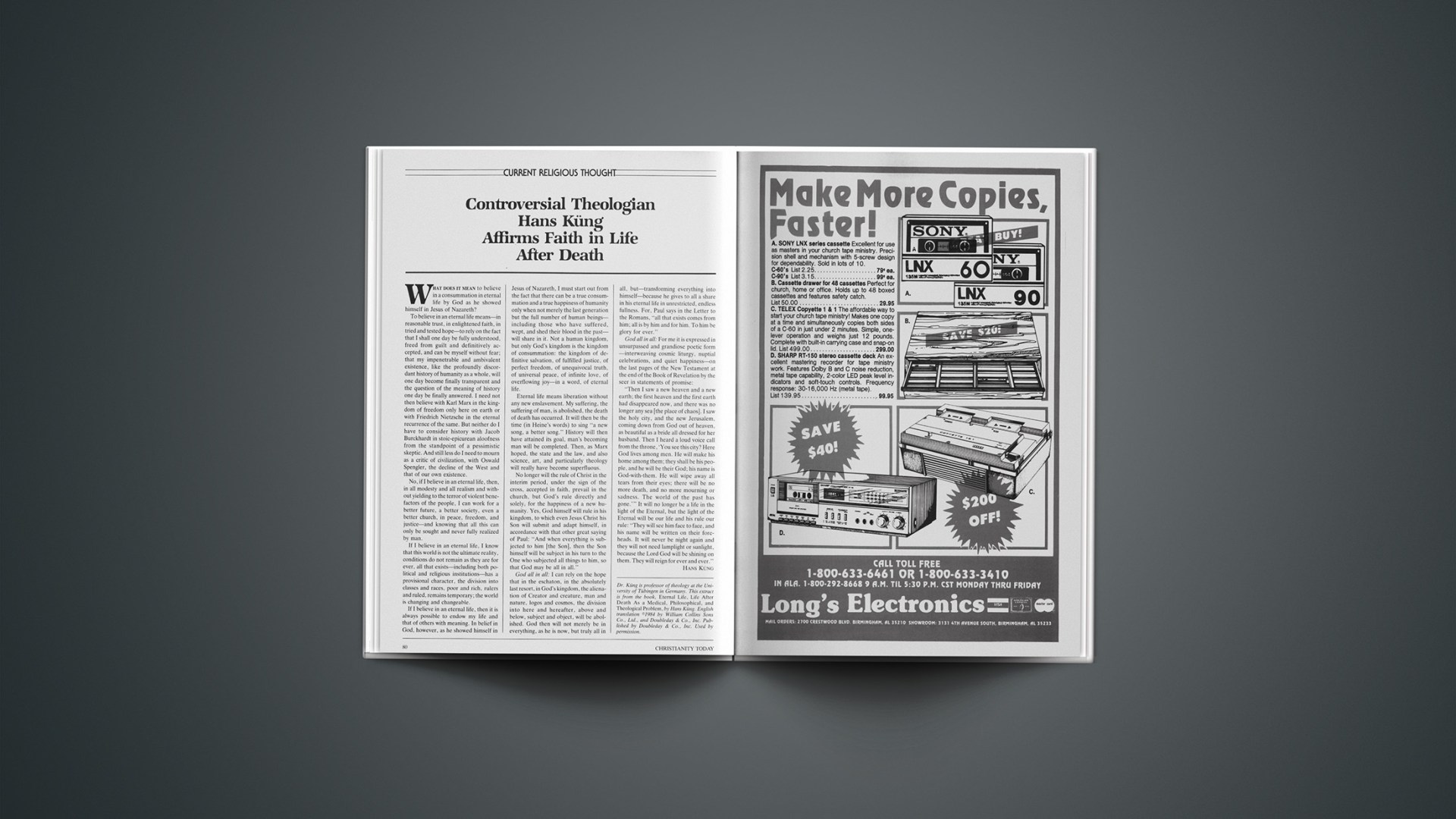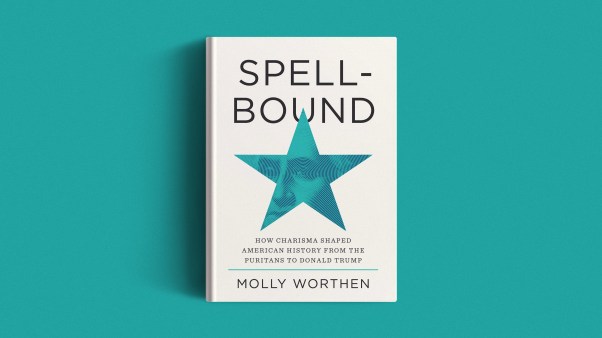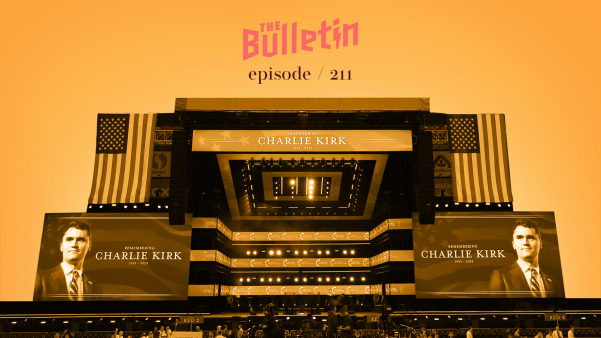What does it mean to believe in a consummation in eternal life by God as he showed himself in Jesus of Nazareth?
To believe in an eternal life means—in reasonable trust, in enlightened faith, in tried and tested hope—to rely on the fact that I shall one day be fully understood, freed from guilt and definitively accepted, and can be myself without fear; that my impenetrable and ambivalent existence, like the profoundly discordant history of humanity as a whole, will one day become finally transparent and the question of the meaning of history one day be finally answered. I need not then believe with Karl Marx in the kingdom of freedom only here on earth or with Friedrich Nietzsche in the eternal recurrence of the same. But neither do I have to consider history with Jacob Burckhardt in stoic-epicurean aloofness from the standpoint of a pessimistic skeptic. And still less do I need to mourn as a critic of civilization, with Oswald Spengler, the decline of the West and that of our own existence.
No, if I believe in an eternal life, then, in all modesty and all realism and without yielding to the terror of violent benefactors of the people, I can work for a better future, a better society, even a better church, in peace, freedom, and justice—and knowing that all this can only be sought and never fully realized by man.
If I believe in an eternal life, I know that this world is not the ultimate reality, conditions do not remain as they are for ever, all that exists—including both political and religious institutions—has a provisional character, the division into classes and races, poor and rich, rulers and ruled, remains temporary; the world is changing and changeable.
If I believe in an eternal life, then it is always possible to endow my life and that of others with meaning. In belief in God, however, as he showed himself in Jesus of Nazareth, I must start out from the fact that there can be a true consummation and a true happiness of humanity only when not merely the last generation but the full number of human beings—including those who have suffered, wept, and shed their blood in the past—will share in it. Not a human kingdom, but only God’s kingdom is the kingdom of consummation: the kingdom of definitive salvation, of fulfilled justice, of perfect freedom, of unequivocal truth, of universal peace, of infinite love, of overflowing joy—in a word, of eternal life.
Eternal life means liberation without any new enslavement. My suffering, the suffering of man, is abolished, the death of death has occurred. It will then be the time (in Heine’s words) to sing “a new song, a better song.” History will then have attained its goal, man’s becoming man will be completed. Then, as Marx hoped, the state and the law, and also science, art, and particularly theology will really have become superfluous.
No longer will the rule of Christ in the interim period, under the sign of the cross, accepted in faith, prevail in the church, but God’s rule directly and solely, for the happiness of a new humanity. Yes, God himself will rule in his kingdom, to which even Jesus Christ his Son will submit and adapt himself, in accordance with that other great saying of Paul: “And when everything is subjected to him [the Son], then the Son himself will be subject in his turn to the One who subjected all things to him, so that God may be all in all.”
God all in all: I can rely on the hope that in the eschaton, in the absolutely last resort, in God’s kingdom, the alienation of Creator and creature, man and nature, logos and cosmos, the division into here and hereafter, above and below, subject and object, will be abolished. God then will not merely be in everything, as he is now, but truly all in all, but—transforming everything into himself—because he gives to all a share in his eternal life in unrestricted, endless fullness. For, Paul says in the Letter to the Romans, “all that exists comes from him; all is by him and for him. To him be glory for ever.”
God all in all: For me it is expressed in unsurpassed and grandiose poetic form—interweaving cosmic liturgy, nuptial celebrations, and quiet happiness—on the last pages of the New Testament at the end of the Book of Revelation by the seer in statements of promise:
“Then I saw a new heaven and a new earth; the first heaven and the first earth had disappeared now, and there was no longer any sea [the place of chaos]. I saw the holy city, and the new Jerusalem, coming down from God out of heaven, as beautiful as a bride all dressed for her husband. Then I heard a loud voice call from the throne, ‘You see this city? Here God lives among men. He will make his home among them; they shall be his people, and he will be their God; his name is God-with-them. He will wipe away all tears from their eyes; there will be no more death, and no more mourning or sadness. The world of the past has gone.’ ” It will no longer be a life in the light of the Eternal, but the light of the Eternal will be our life and his rule our rule: “They will see him face to face, and his name will be written on their foreheads. It will never be night again and they will not need lamplight or sunlight, because the Lord God will be shining on them. They will reign for ever and ever.”
Dr. Küng is professor of theology at the University of Tubingen in Germany. This extract is from the book, Eternal Life, Life After Death As a Medical, Philosophical, and Theological Problem, by Hans Küng. English translation ©1984 by William Collins Sons Co., Ltd., and Doubleday & Co., Inc. Published by Doubleday & Co., Inc. Used by permission.










